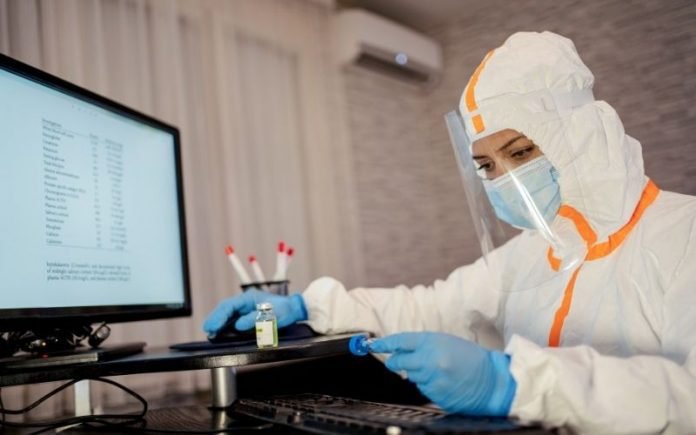Last Updated on July 18, 2024 by Asfa Rasheed
An antibody is a protein produced by the cells of mammals in response to foreign substances called antigens. Antibodies interface with the surface of these antigens and recruit other immune system components to destroy them. Circulating antibodies circulate through the bloodstream, lymphatic system, and extracellular fluids until they encounter their specific antigen. Antibodies are the primary defense against foreign agents such as bacteria and viruses.
An antibody research laboratory’s role is to purify antibodies from mammalian cells, produce a large amount of them for use in experiments and studies and synthesize antibodies based on molecular designs supplied by other researchers. They may also study the structure of antibodies and how they can bind foreign antigens. Here are detailed roles of such labs:
Table of Contents
Formulate A Research Plan
Antibody research labs are responsible for designing experiments to test the efficacy of an antibody before it is marketed. They might develop an experiment based on something they know about how antibodies work, or they may design an experiment based on theoretical predictions from molecular modeling software. Once the results are in, the laboratory must decide whether the antibody is safe to use on humans and whether it has any caveats that would deter widespread use.
Sequence An Antigen’s Amino Acid Sequence
Much information can be inferred about an unknown antigen by its nucleic acid sequence. If it has been sequenced before, the researchers must compare their amino acid sequence with previous ones to see many similarities. If it hasn’t been sequenced before, the researchers must sequence all of it – either by fragmenting the amino acids and sequencing them individually or by sequencing the whole protein at once through proteases enzymes.
Synthesize An Antibody
Once a group of amino acids has been successfully sequenced, synthetic biologists can use this information to create a DNA sequence for an antibody. They send the resulting nucleic acids to be synthesized into the form of single-stranded DNA, or ssDNA. Both strands are synthesized and then put together. One strand is given to the researchers, and one strand is destroyed after it has served its purpose.
Manufacture An Antibody for Use by Researchers
The manufacture of research & diagnostic antibodies is also a common practice of these labs. Antibodies are synthesized via chemical processes. After it is synthesized, the DNA sequence encodes the antibody’s amino acids and is inserted into cells grown in culture (in vitro). When these cells reproduce, they produce antibodies with their membrane-bound to make them easy to collect. The proteins are purified and ready to be used.
Conduct A Binding Assay
Once the experts have a large antibodies, they can use an antibody binding assay to determine if it can bind with its antigen. To conduct this assay, the researchers mix their purified antibody with any number of foreign antigens they wish to test. If the antigen can bind with the antibody, it will become visible when observed under a microscope. When mixed, if an efficient binding event has occurred, the antigens and antibodies will be observed mingling together in close proximity.
Antibody research labs perform several important roles by knowing what antibodies are and how they work. They design an experiment, construct the antibody’s DNA sequence, and then synthesize it into a protein ready to be used. They also conduct binding assays with foreign antigens and several other roles.
Read More: Differences between antigen test and antibody test.
















